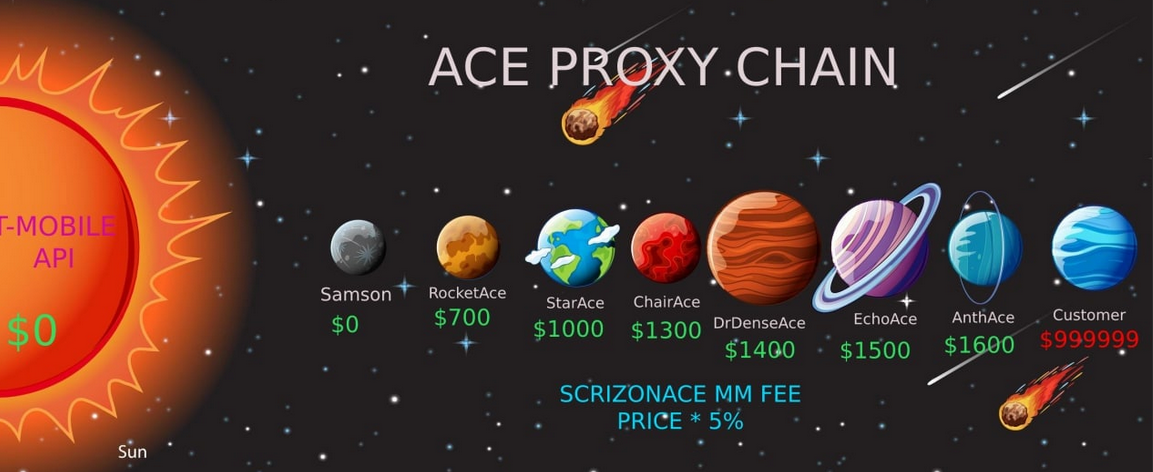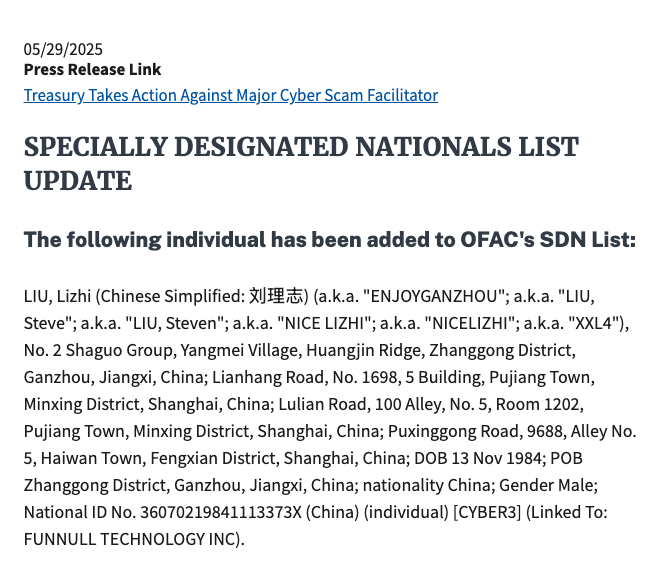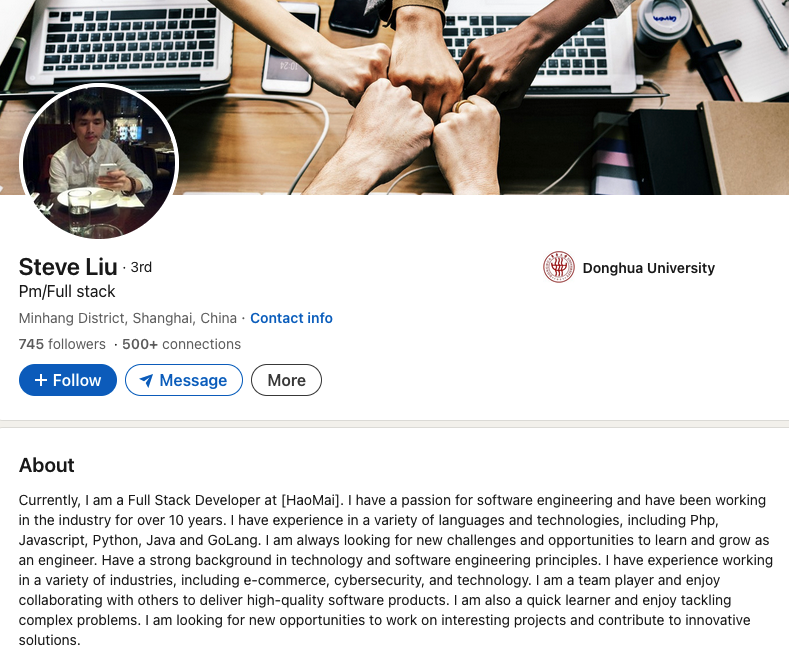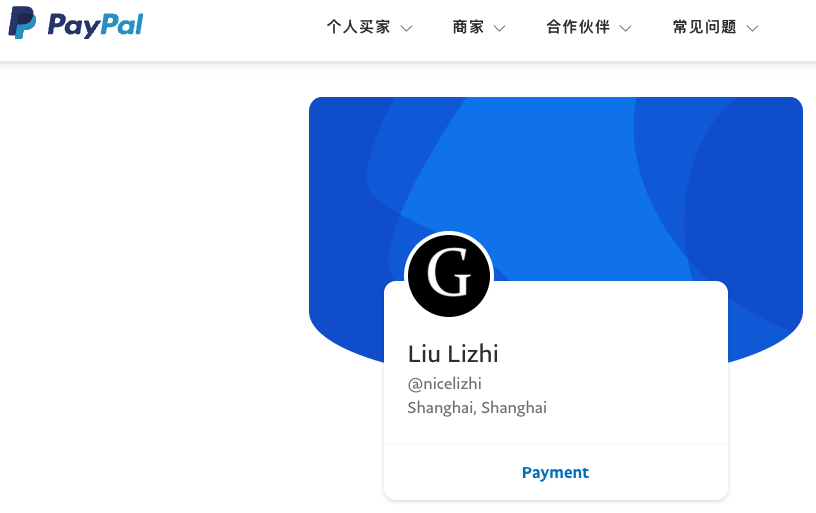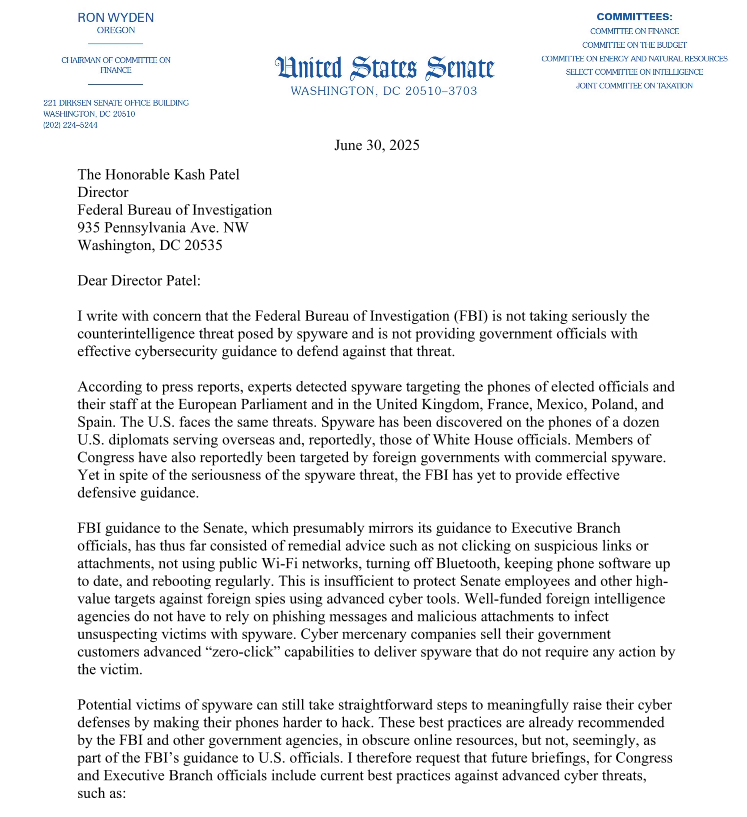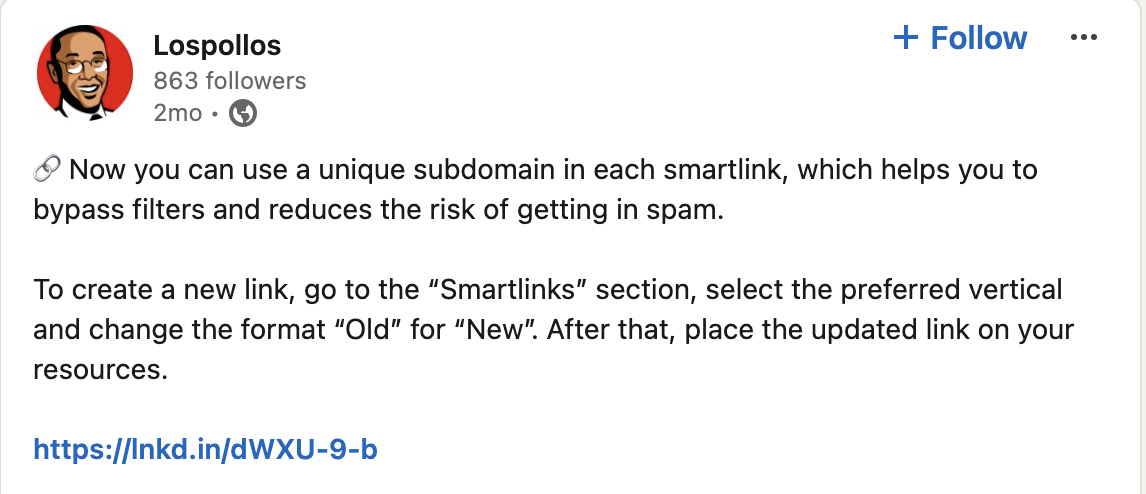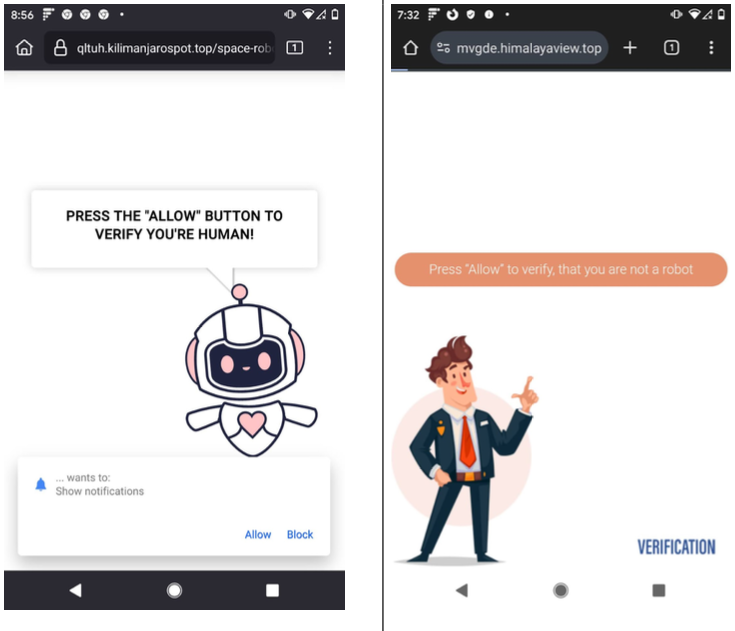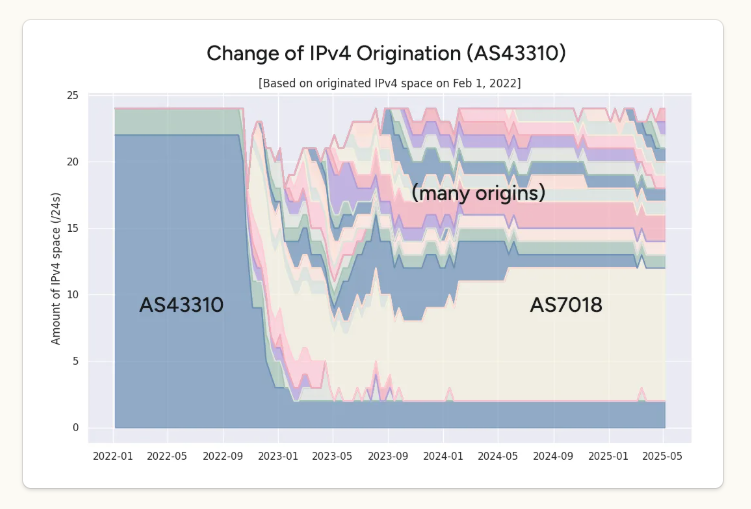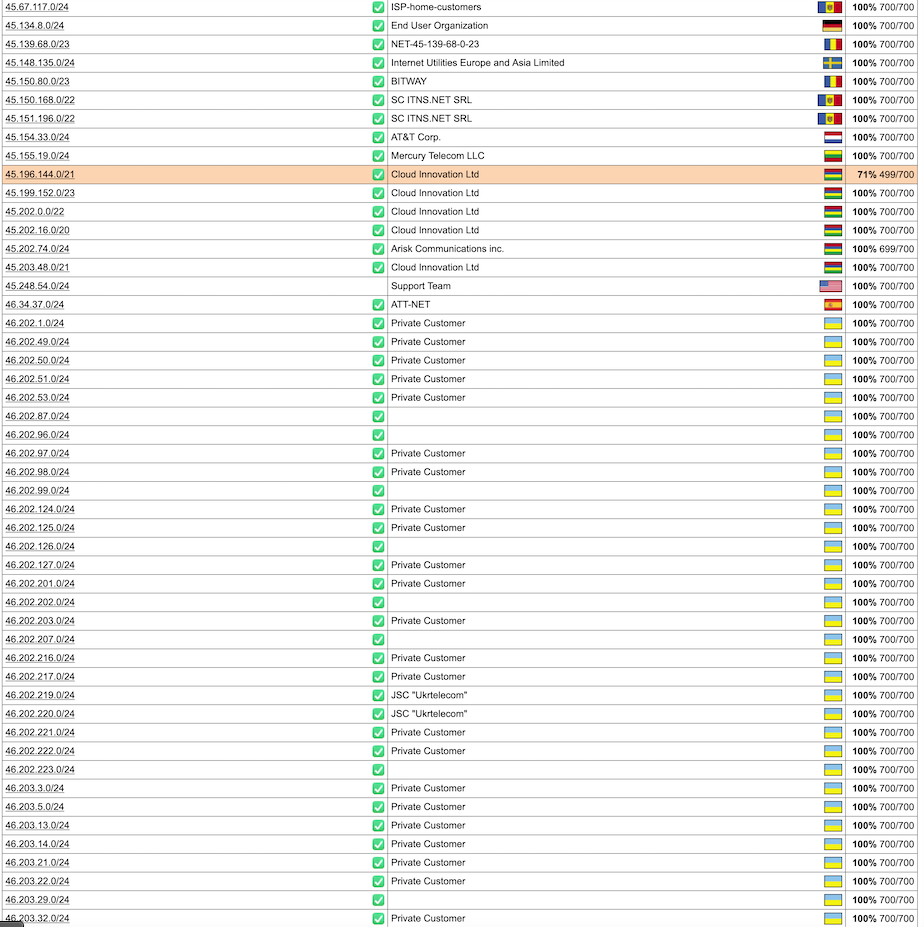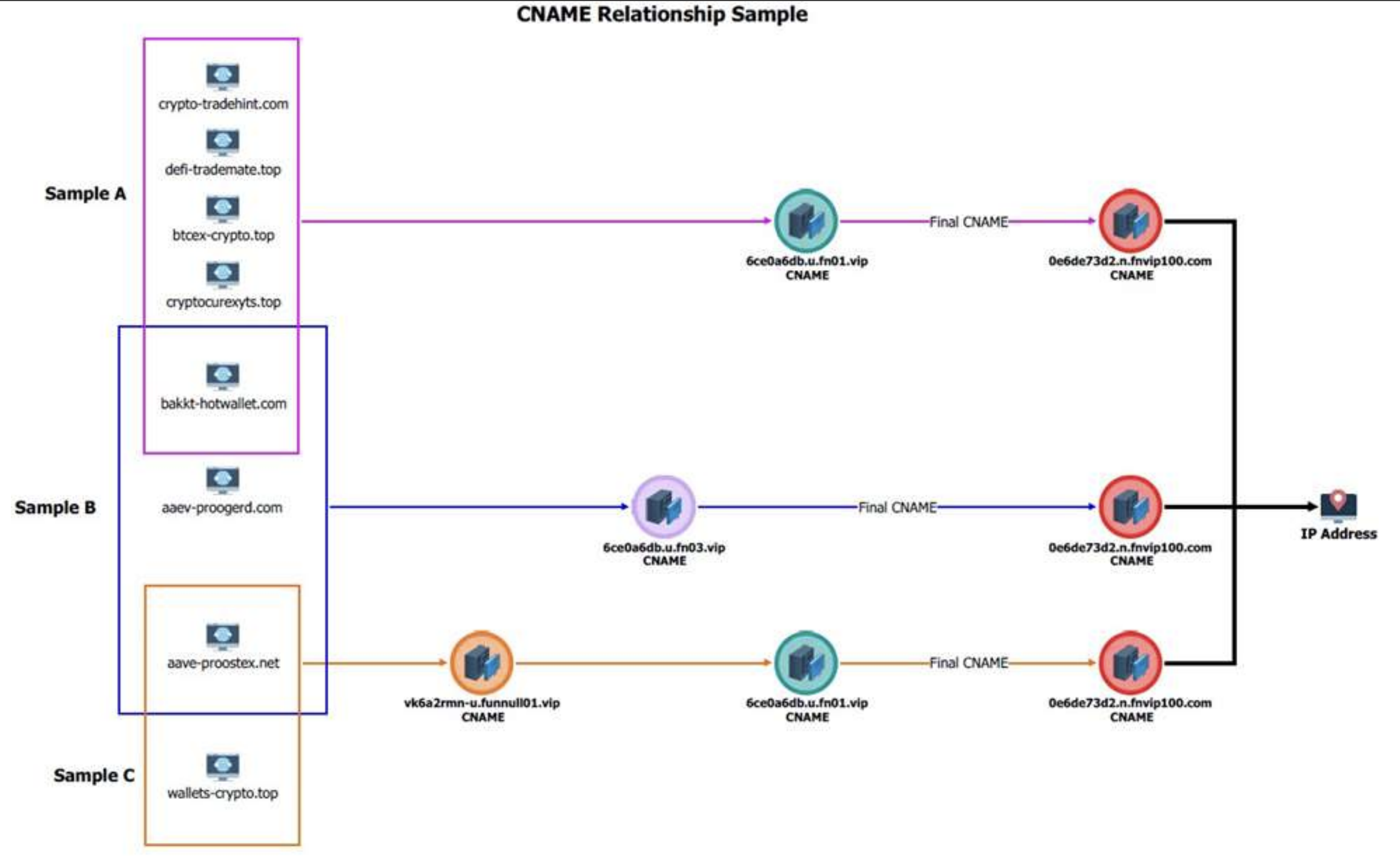Security researchers recently revealed that the personal information of millions of people who applied for jobs at McDonald’s was exposed after they guessed the password (“123456”) for the fast food chain’s account at Paradox.ai, a company that makes artificial intelligence based hiring chatbots used by many Fortune 500 firms. Paradox.ai said the security oversight was an isolated incident that did not affect its other customers, but recent security breaches involving its employees in Vietnam tell a more nuanced story.
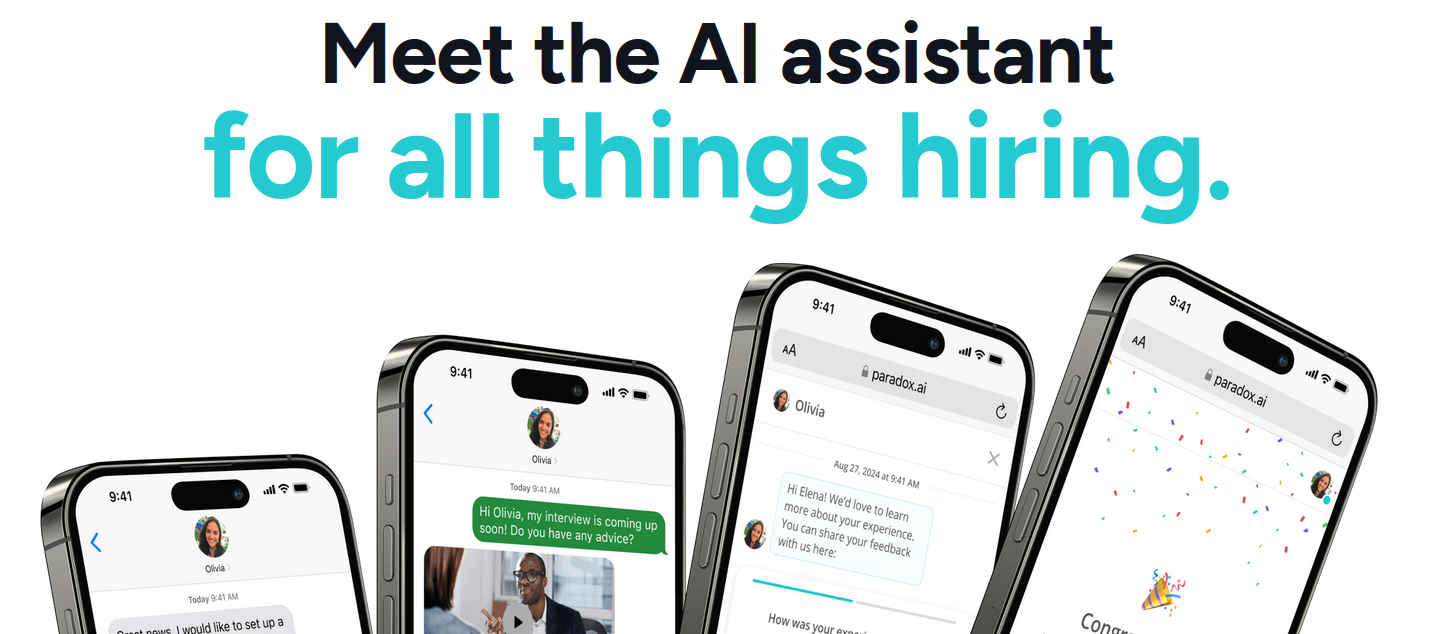
A screenshot of the paradox.ai homepage showing its AI hiring chatbot “Olivia” interacting with potential hires.
Earlier this month, security researchers Ian Carroll and Sam Curry wrote about simple methods they found to access the backend of the AI chatbot platform on McHire.com, the McDonald’s website that many of its franchisees use to screen job applicants. As first reported by Wired, the researchers discovered that the weak password used by Paradox exposed 64 million records, including applicants’ names, email addresses and phone numbers.
Paradox.ai acknowledged the researchers’ findings but said the company’s other client instances were not affected, and that no sensitive information — such as Social Security numbers — was exposed.
“We are confident, based on our records, this test account was not accessed by any third party other than the security researchers,” the company wrote in a July 9 blog post. “It had not been logged into since 2019 and frankly, should have been decommissioned. We want to be very clear that while the researchers may have briefly had access to the system containing all chat interactions (NOT job applications), they only viewed and downloaded five chats in total that had candidate information within. Again, at no point was any data leaked online or made public.”
However, a review of stolen password data gathered by multiple breach-tracking services shows that at the end of June 2025, a Paradox.ai administrator in Vietnam suffered a malware compromise on their device that stole usernames and passwords for a variety of internal and third-party online services. The results were not pretty.
The password data from the Paradox.ai developer was stolen by a malware strain known as “Nexus Stealer,” a form grabber and password stealer that is sold on cybercrime forums. The information snarfed by stealers like Nexus is often recovered and indexed by data leak aggregator services like Intelligence X, which reports that the malware on the Paradox.ai developer’s device exposed hundreds of mostly poor and recycled passwords (using the same base password but slightly different characters at the end).
Those purloined credentials show the developer in question at one point used the same seven-digit password to log in to Paradox.ai accounts for a number of Fortune 500 firms listed as customers on the company’s website, including Aramark, Lockheed Martin, Lowes, and Pepsi.
Seven-character passwords, particularly those consisting entirely of numerals, are highly vulnerable to “brute-force” attacks that can try a large number of possible password combinations in quick succession. According to a much-referenced password strength guide maintained by Hive Systems, modern password-cracking systems can work out a seven number password more or less instantly.
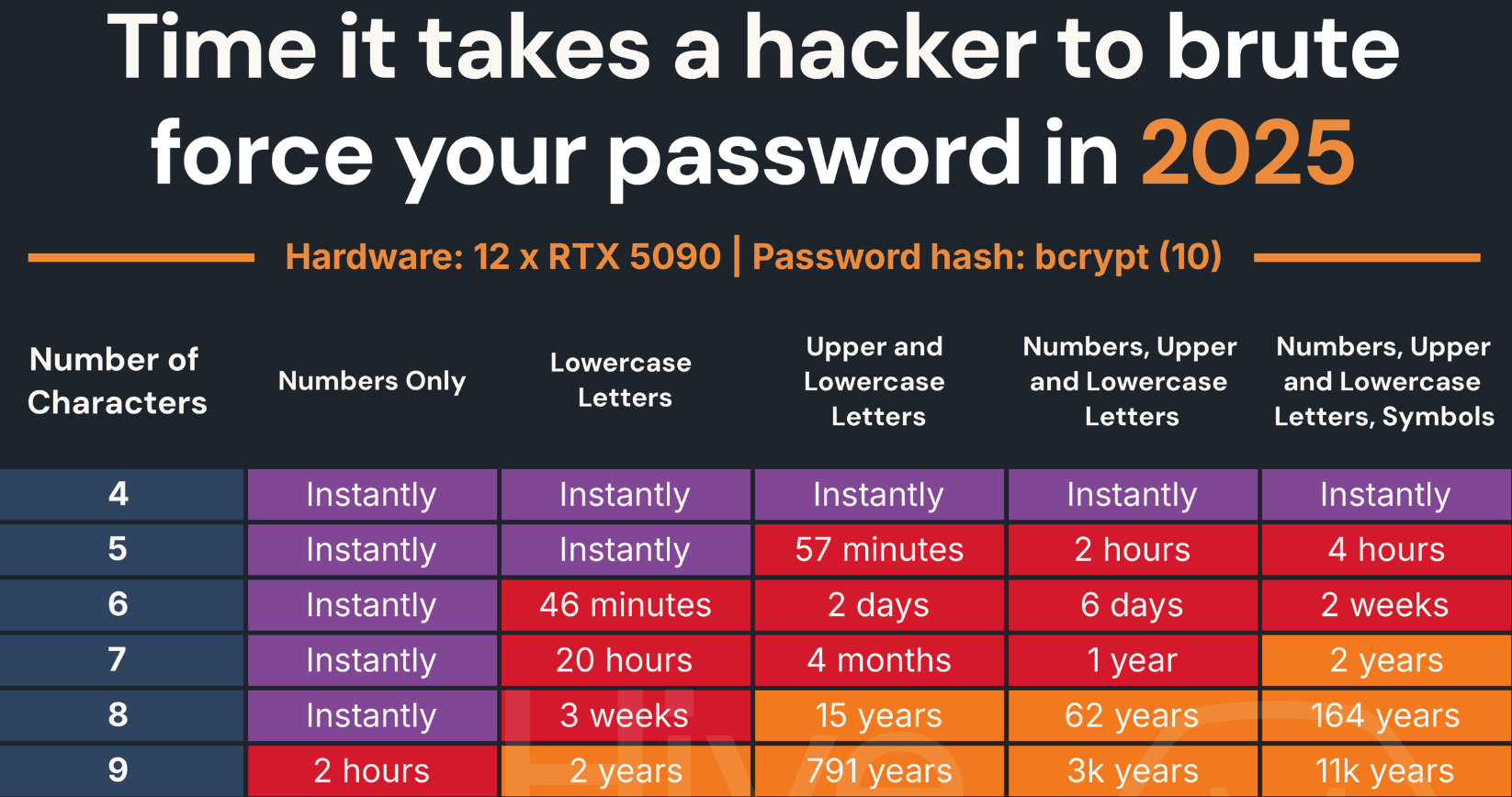
Image: hivesystems.com.
In response to questions from KrebsOnSecurity, Paradox.ai confirmed that the password data was recently stolen by a malware infection on the personal device of a longtime Paradox developer based in Vietnam, and said the company was made aware of the compromise shortly after it happened. Paradox maintains that few of the exposed passwords were still valid, and that a majority of them were present on the employee’s personal device only because he had migrated the contents of a password manager from an old computer.
Paradox also pointed out that it has been requiring single sign-on (SSO) authentication since 2020 that enforces multi-factor authentication for its partners. Still, a review of the exposed passwords shows they included the Vietnamese administrator’s credentials to the company’s SSO platform — paradoxai.okta.com. The password for that account ended in 202506 — possibly a reference to the month of June 2025 — and the digital cookie left behind after a successful Okta login with those credentials says it was valid until December 2025. Continue reading





